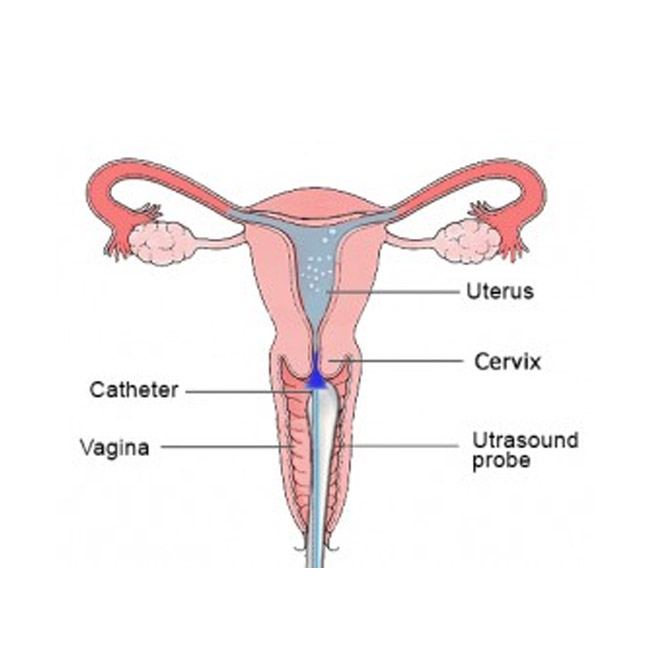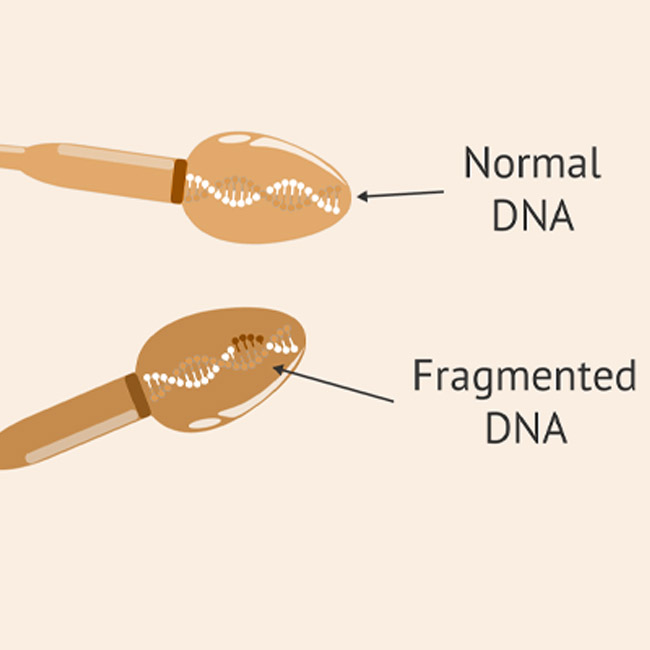
Ultrasound / Color Doppler
Ultrasound refers to sound waves with frequencies higher than 20,000 Hz, which is above the range of human hearing. These sound waves are used in a variety of applications due to their ability to travel through different materials. In medical fields, ultrasound is commonly used for imaging purposes, such as viewing internal organs or monitoring pregnancy, and for therapeutic purposes, such as promoting healing in damaged tissues.
Saline Infusion Sonography
Saline Infusion Sonography (SIS) is a specialized ultrasound technique used to assess the uterine cavity and evaluate potential issues with the reproductive organs. It involves the infusion of sterile saline (a saltwater solution) into the uterus during a transvaginal ultrasound exam. The saline helps to expand the uterine cavity, providing a clearer view of the walls of the uterus and the surrounding structures. This procedure is commonly used to diagnose conditions that affect the uterus, such as fibroids, polyps, and adhesions.


Semen Analysis
Sperm Function Tests are essential diagnostic tools used to assess the health and functionality of sperm, particularly in cases of male infertility. These tests go beyond basic semen analysis, which focuses on sperm count, motility, and morphology, by evaluating the sperm's ability to perform necessary functions for fertilization. Key sperm function tests include motility, morphology, DNA fragmentation, and the ability to undergo the acrosome reaction, all of which play a vital role in successful conception.
DNA Fragmentation Index
The DNA Fragmentation Index (DFI) is a measure of the extent to which sperm DNA is fragmented or damaged. It is an important parameter used to assess sperm quality and its potential impact on fertility. DNA fragmentation in sperm can be caused by various factors such as oxidative stress, environmental influences, infections, or lifestyle choices (e.g., smoking, alcohol consumption). High levels of DNA fragmentation in sperm have been linked to difficulties with conception, failed fertilization, poor embryo development, and an increased risk of miscarriage.


Endometrial Receptivity Assay
Endometrial Receptivity Assay (ERA) is a test used to assess the receptivity of the uterine lining (endometrium) to embryo implantation during an IVF cycle. This test helps determine the optimal timing for embryo transfer by analyzing the molecular and genetic markers that indicate whether the endometrial lining is ready to receive and support an embryo. The ERA test is particularly useful for women who have experienced repeated IVF failures, as it can help identify whether the timing of embryo transfer is a contributing factor.

